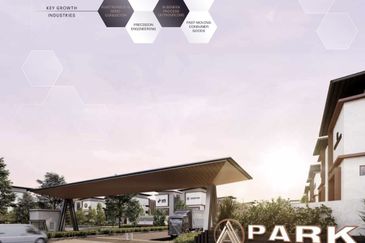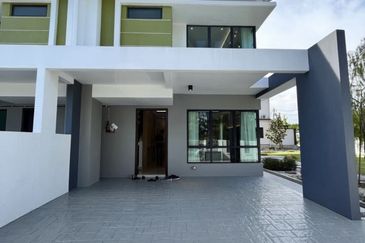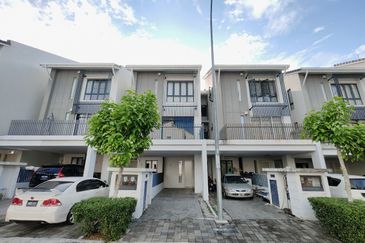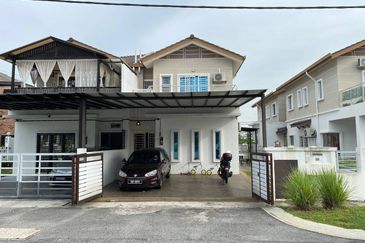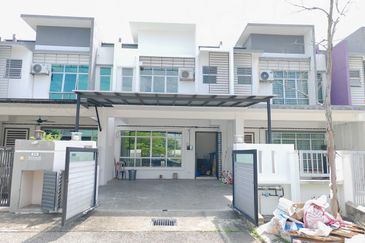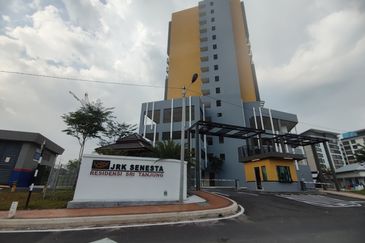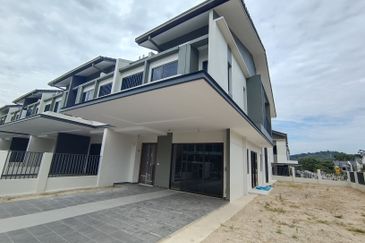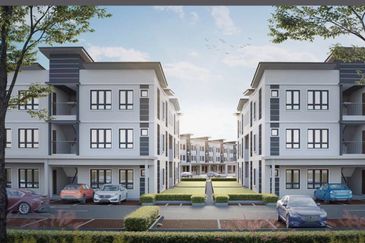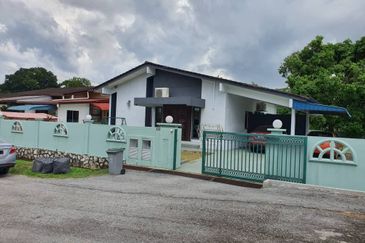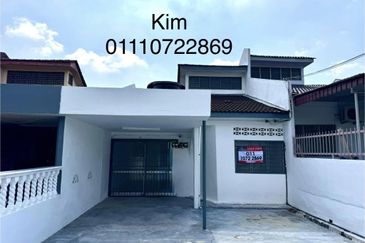
The collection of booking fees by developers is a common practice in Malaysia during property transactions, but many might not be aware that it is actually prohibited under the Housing Development (Control and Licensing) Regulations 1989 (HDR).
As stated in HDR 11(2): “No person including parties acting as stakeholders shall collect any payment by whatever name called except as prescribed by the contract of sale”.
Following the publication of the article titled “LAD to be calculated from collection of ‘booking fee’ — Federal Court” in EdgeProp.my early this year, we have received letters from numerous readers, seeking for better understanding of the landmark case as they are in the same dilemma and feel short-changed by their developers.
Landmark case
The Federal Court, in the case of PJD Regency Sdn Bhd v Tribunal Tuntutan Pembeli Rumah & Another & 6 Other Appeals [2021] 2 CLJ 441 (PJD Case) has clarified the legal position on the calculation time for liquidated ascertained damages (LAD) claims.
In the case, the purchaser paid RM10,000 to his developer on Jan 16, 2013 to secure a unit in You Vista development but the sale and purchase agreement (SPA) was only signed on March 21, 2013.
The purchaser claimed there was a delay in the delivery of VP and completion of the common facilities but the developer denied the claim on the following grounds:
- The date of calculation of the LAD runs from the date of payment of the SPA, and not the date the booking fee was paid;
- The common facilities were completed when the architects certified its completion and not on the date when the Certificate of Practical Completion (CPC) was issued to the Purchaser.
However, the Housing Tribunal, on June 5, 2017, made an award in favour of the purchaser and held that the calculation of LAD should begin from the date when the booking fee was paid and the common facilities must be completed and handed over to the purchaser at the time of VP.
The developer then filed a judicial review application with the High Court, followed by the Court of Appeal, but both were dismissed. The developer went on to file an appeal to the Federal Court.
HDA a social legislation
In arriving at its landmark decision, the Federal Court applied the concept of “social legislation” when interpreting the Housing Development (Control and Licensing) Act 1966 (HDA 1966). The Chief Justice of Malaysia, Tengku Maimun CJ in her judgement said:
In disputes between home buyers and housing developers, its significance lies in the approach taken by the Courts to tip the scales of justice in favour of the homebuyers, given the disparity in bargaining power between them and the housing developers.
A social legislation is a legal term for a specific set of laws passed by the Legislature for the purpose of regulating the relationship between a weaker class of persons and a stronger class of persons. Given that one side always has the upper hand against the other due to the inequality of bargaining power, the State is compelled to intervene to balance the scales of justice by providing certain statutory safeguards for that weaker class.
Down memory lane vis-à-vis housing legislation
Let us take you through history on the evolution of the housing laws. It was during the tabling of the Housing Development (Control and Licensing) Bill in Parliament on March 25,1966, the then Minister of Housing and Local Government, the late Tan Sri Khaw Kai Boh, stated as follows:
Mr Speaker, Sir, as you are well aware, there have been repeated instances, where innocent members of the public have fallen victims to rapacious and unscrupulous persons who pose as housing developers and obtain substantial deposits as booking fees for houses, which they not only do not intend to build but also are in no position to do so.
I also have personally received a continuous stream of letters from several persons concerned that they have paid deposits for houses in housing schemes and found to their dismay that no houses were being built and that they could not recover their deposits.
The Bill was passed, and it is now known as the HDA 1966. Soon after the HDA 1966 was passed, the Minister prescribed the Housing Development (Control and Licensing) Rules 1970 (1970 Rules) which at that time allowed the developers to collect “booking fees” from purchasers provided that the amount of such fees did not exceed the statutory range of 2.5% of the purchase price.
This resulted in many problems faced by house buyers, so much so the Minister saw fit to change the law on the collection of booking fees.
In 1982, the Housing Developers (Control and Licensing) Regulations 1982 (HDR 1982) was introduced and it repealed the 1970 Rules. Under HDR 1982, the developer was only allowed to collect 10% down payment of the property price upon the signing of SPA.
HDR 1982 also imposed a strict prohibition that it was and still is a criminal offence if any housing developer acted in breach of the said regulation.

In 1989, HDR 1982 was repealed and a new set of regulations called HDR 1989 came into effect. With HDR 1989, the law against the collection of booking fees remains unchanged.
It is therefore clear that the Parliament no longer saw fit for housing developers to collect booking fees before the signing of SPA. This has put to rest any notion that the collection of booking fees is still permissible.
In 2015, an amendment was made to HDR 1989 (PU(A) 106/2015) (2015 Amendment) because there were too many cases where developers have devised several “schemes” with other stakeholders with vested interest to circumvent the provisions of the law.
It was therefore necessary to introduce the amendment i.e. HDR 11(2) stated in our synopsis above, to further protect the interests of house buyers and to prohibit all parties including stakeholders from collecting booking fees. HDR 13(1) also increased the penalties for offenders to “a fine not exceeding RM50,000 or to a term of imprisonment not exceeding five years or to both”.
Rationale behind PJD Case decision
The Federal Court in its wisdom held that the Courts would not tolerate the bypassing of statutory safeguards meant to protect the house buyers. When it comes to interpreting social legislation, the courts must give effect to the intention of the Parliament and not the intention of parties. Otherwise, the attempt by the Legislature to level the playing field by mitigating the inequality of bargaining powers would be rendered nugatory and illusory.
The Federal Court disagreed with the developer’s contention that it is a standard commercial practice to accept booking fees from purchasers. The development of the law clearly suggests the contrary.
From the Parliament Hansard in 1966 to the change in the subsidiary legislation up to the amendment to the HDR 1989 in 2015, the written law in force has made it crystal clear that the collection of booking fees is to be absolutely prohibited. The Court must give effect to the intention of Parliament.
Given the clear legislative intent and the status of the HDA 1966 and HDR 1989 as a social legislation, it follows that the date in the SPA should not be deemed as finality.
The Court must construe the statutory contract in accordance with the statutory protection afforded by Parliament. Otherwise, the Court would be condoning the developers’ attempt to bypass the statutory protection afforded to the purchaser put in place by Parliament.
Attempt to reverse history?
There is an undercurrent now, which was expressed by the recently resigned Minister, Datuk Zuraida Kamaruddin, in attempting to reverse history to allow the legal collection of booking fees. It’s absurd to allow such a collection when the practice has been exploited time and again.
This is a serious enough issue to take careful consideration on the part of the lawmakers when deciding on whether an act should be legalised or decriminalised.
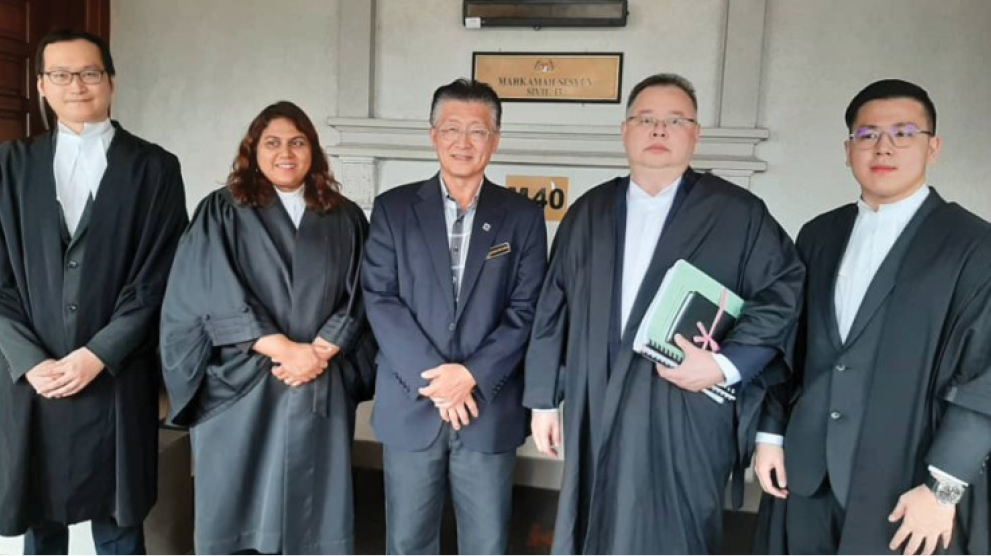
To put it simply, “legalisation” is the process of making a particular action legal. For example, the collection of booking fees is prohibited according to the current laws. However, the act becomes completely legal and is just as acceptable, if the law is tweaked in favour of the housing developers. All the punishments and consequences previously attributed to the act will no longer be in effect.
On the other hand, “decriminalisation” means that the criminal penalties attributed to an act are no longer in effect.
Our lawmakers would have to look into the future impact of an action and determine whether or not legalisation would provide sufficient advantages or merely a watered-down protection to house buyers to the benefit of housing developers.
Datuk Chang Kim Loong is the Hon Secretary-general of the National House Buyers Association (HBA) and Wong Renn Xin, one of the HBA legal advisors. HBA could be contacted at:
Email: [email protected]
Website: www.hba.org.my
Tel: +6012 334 5676
This story first appeared in the EdgeProp.my E-weekly on Aug 20, 2021. You can access back issues here.
Get the latest news @ www.EdgeProp.my
Subscribe to our Telegram channel for the latest stories and updates
TOP PICKS BY EDGEPROP
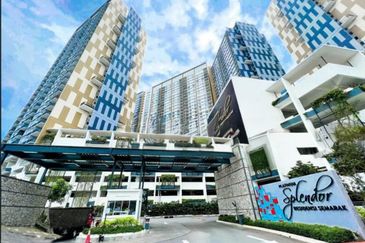
Platinum Splendor Residence
Keramat, Kuala Lumpur
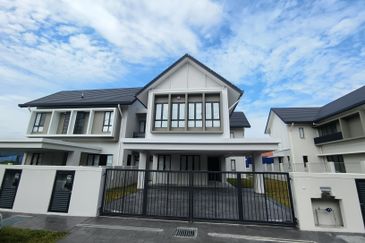
Bandar Kinrara 8
Bandar Kinrara Puchong, Selangor
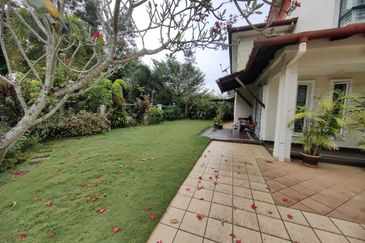
Bandar Kinrara 5
Bandar Kinrara Puchong, Selangor
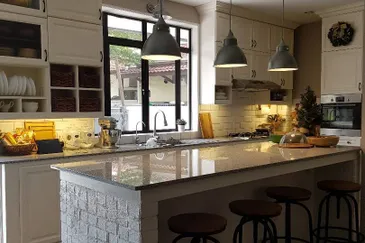
Bandar Kinrara 6
Bandar Kinrara Puchong, Selangor

Bandar Kinrara 6
Bandar Kinrara Puchong, Selangor
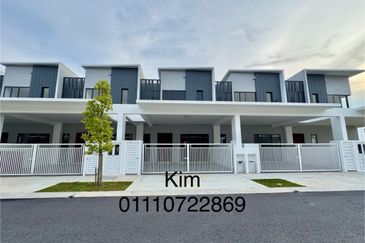
Azalea @Resort Residence 2
Seremban, Negeri Sembilan
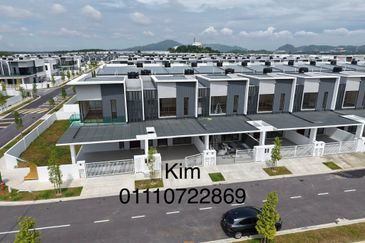
HIJAYU 2 - RESORT HOMES
Seremban, Negeri Sembilan
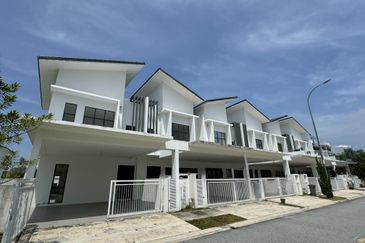
HIJAYU 2 - RESORT HOMES
Seremban, Negeri Sembilan


